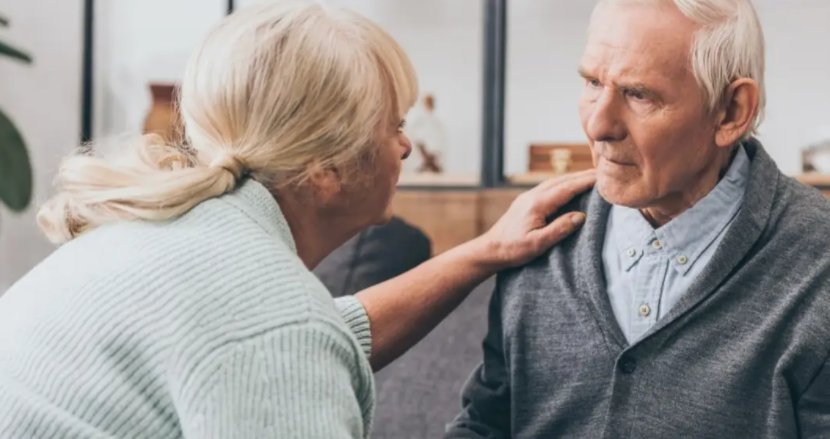The elderly need aged care and dependent people find it difficult to carry out daily activities such as moving around, cooking, doing housework, or communicating in their daily lives. This causes them some uneasiness and further exacerbates the feeling of not fending for themselves.
In the same way, caregivers of the elderly often do not have sufficient means to care for these people, which makes their work extremely difficult.
For this reason, the importance of social services for the aged care of our country offers aid for the granting of support to help dependent people in their daily activities and manage to give them some. As well as, contribute to making the caregivers’ work easier, thanks to these technical aids.

The social services serve to support older people in different situations, either by providing the aged care support for the realization of social activities or adequate geriatric care when aging leads them to situations of dependency due to illness.
Retirement, family reorganization, the death of family or friends, and other life circumstances lead to major changes in your usual social environment. That is why a comprehensive geriatric assessment must include the evaluation of the social environment for the aged care elderly person, in order to detect, and where appropriate recommend, the type of social services that can be used to request support that needs.
Types of health services

The social services can be provided by public administration, such as telecare, aid dependency, or organized trips at low prices, but also by non – governmental organizations (volunteer), religious communities, mutuals, or foundations. The type of support for aged care offered covers a wide spectrum:
- People without large dependencies: they have retirement centers in which to develop cultural and leisure activities. There are also travel programs and stays in spas at a reduced price or special rates for retirees so that they can enjoy many activities.
- People in a situation of loneliness: there are accompaniment programs, with scheduled visits made by other retirees, to help the aged care with housework, to bring them food that has already been prepared, take them out for a walk, accompany them to the bank or do the shopping or provide them with some kind of care specific that they may need. There are also programs in which accommodation is offered to students in exchange for the company. Finally, telecare programs allow them to request help at the push of a button in emergency situations.
- People with some type of disability or illness: they cover aspects such as the treatment of immobility, maintaining personal hygiene, ensuring proper nutrition, and providing other specific health services. They are home care services, although there are also day center assistance programs.
Hospitals currently have social workers who work closely with geriatric services in order to provide the necessary information about the social services available and that can be useful to each person based on the results of the geriatric evaluation integral.
They will also inform you and even help you to carry out the necessary procedures to request these services. In the case of people with dependency, they are in charge of assessing the degree of dependency and determining whether or not they can opt for social services and public aid, in accordance with the provisions of the Law on Dependency.
CONDITIONS OF USE OF THE SERVICE FOR AGED CARE

The information provided by this means cannot, in any way, substitute for a direct medical care service, nor should it be used for the purpose of establishing a diagnosis, or choosing a treatment in particular cases.
In this service for aged care, no recommendation, explicit or implicit, will be made about drugs, techniques, products, etc … which will be cited for informational purposes only.
The use of this service is carried out under the sole responsibility of the users.
The information exchanged in this service is confidential, however, its content may be published omitting any reference to personal data.
